Encroachment and the Fight for Restoration of Enyau River in West Nile
Flowing from the Uganda-Democratic Republic of Congo border to empty its water into River Nile, Enyau River is a lifeline for the people of Arua district, Arua city, Terego, Maracha and Madi-Okollo district.
However the river is under siege due to encroachment by residents engaging in activities such as sand mining, farming, construction and car washing which threatens the river's existence.
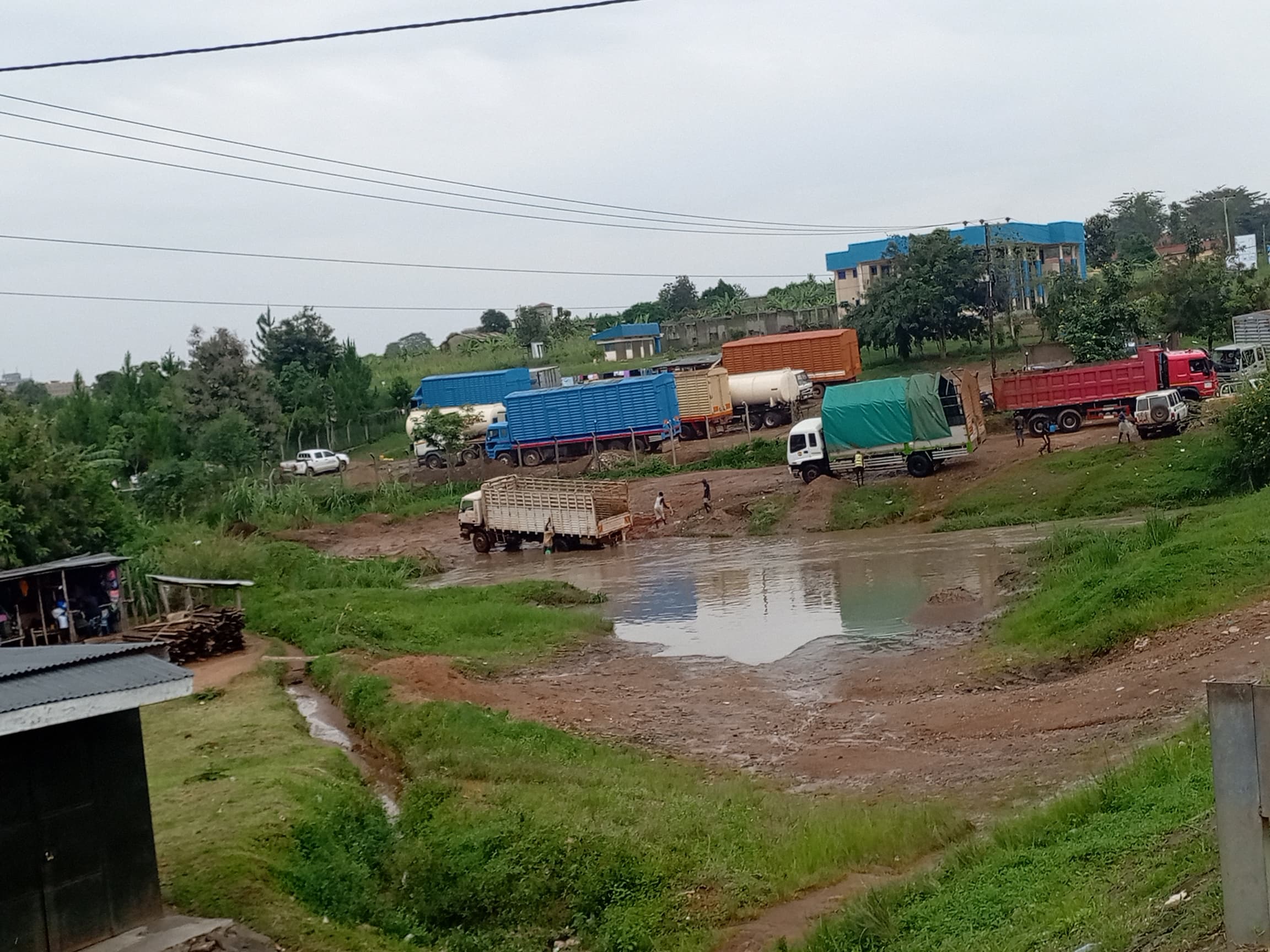
Car washing taking place at River Enyau Bridge
The reasons for this invasion are multifaceted, ranging from economic hardship to historical ties. Yet, the impacts are undeniably dire, with both environmental and social consequences.
Encroachment: A Complex Challenge
The encroachment problem is deeply rooted in socio-economic challenges. Many residents cite affordability as a key factor.
"Wetlands are cheaper compared to dry land. That is why many of us settle here," explained Betty Kiden, a resident of Arua Hill Cell in Arua Central Division.
KIDEN SPEAKING ON ENYAU.mp3
For others, like Charity Kayom Irwoth of Abirichi Cell in Onzivu Ward, the lack of alternatives pushes them to use the riverbanks for farming during the dry season.
"We can’t afford irrigation equipment, so farming near the river is our only option to grow vegetables during dry season," she shared.
CHARITY SPEAKING ON ENYAU SITUATION.mp3
"I farm here because of poverty. Renting this land at 600,000 shillings per season is the only way I can provide for my family."
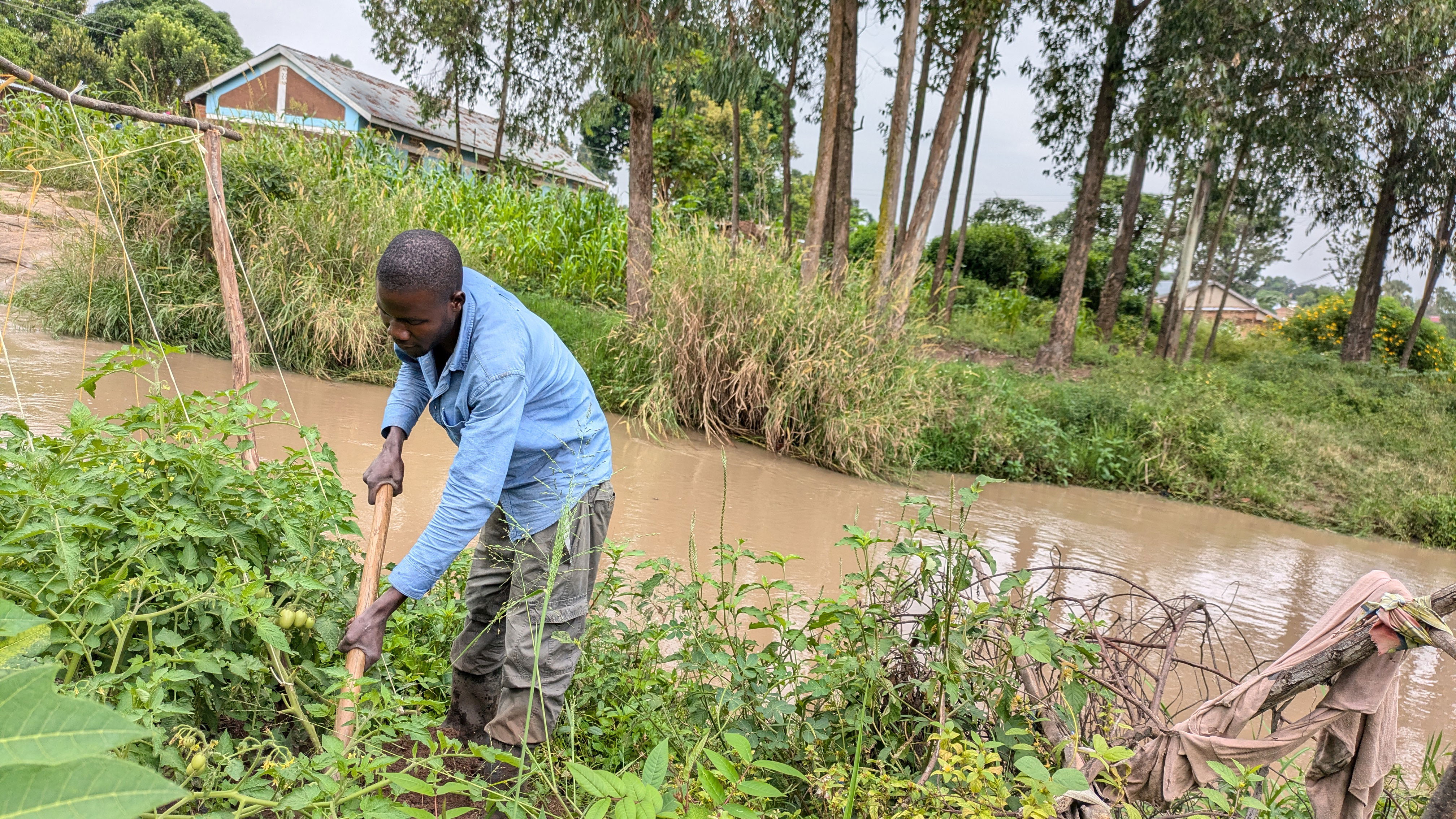
Francis Adovoko farming at the bank of Rivder Enyau.
Environmental Degradation and Community Concerns
Encroachment has led to significant environmental degradation, sparking fears among residents like Nezma Ocokoru from Anyafio.
"The activities on River Enyau are causing serious damage. The government needs to act fast and restore the river before it’s too late," she pleaded
NEZMA SPEAKING - ENYAU SITUATION.mp3
Arua Central Division Mayor, Muzaid Khemis, acknowledged the urgent need for community sensitization.
"We plan to educate our people about the impacts of wetland encroachment. By-laws are also in the pipeline to protect River Enyau and other critical areas," he revealed.
Restoration Efforts
Efforts to restore River Enyau are not new. In 2018, the National Water and Sewerage Corporation (NWSC) distributed over 1,000 seedlings to communities within the river’s buffer zones as part of a reforestation initiative. However, progress has been slow. (Why?)
The Ministry of Water and Environment initiated a restoration program in 2022, but concerns remain about its pace.
"The government must expedite the restoration process and ensure that people are relocated from the buffer zones," Ocokoru emphasized.
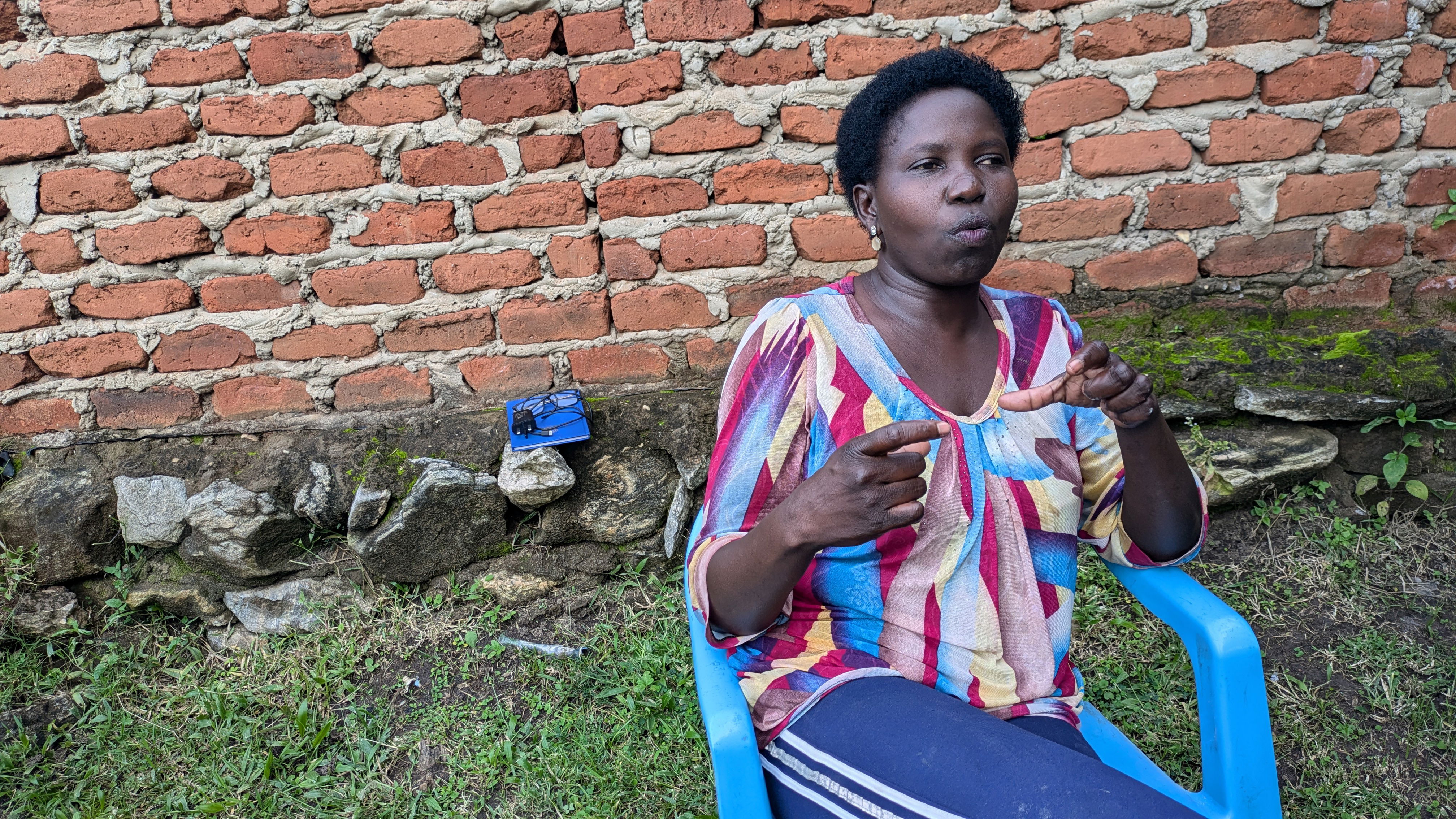
Nezma Ocokoru ,a resident of Anyafio, reports on the situations
CUE; NEZMA ON ENYAU.mp3
Arua District’s Environment Officer, Hannington Adroonzi, outlined ongoing efforts: "We are in the process of evicting people from around River Enyau to reclaim and restore the degraded areas," he confirmed.
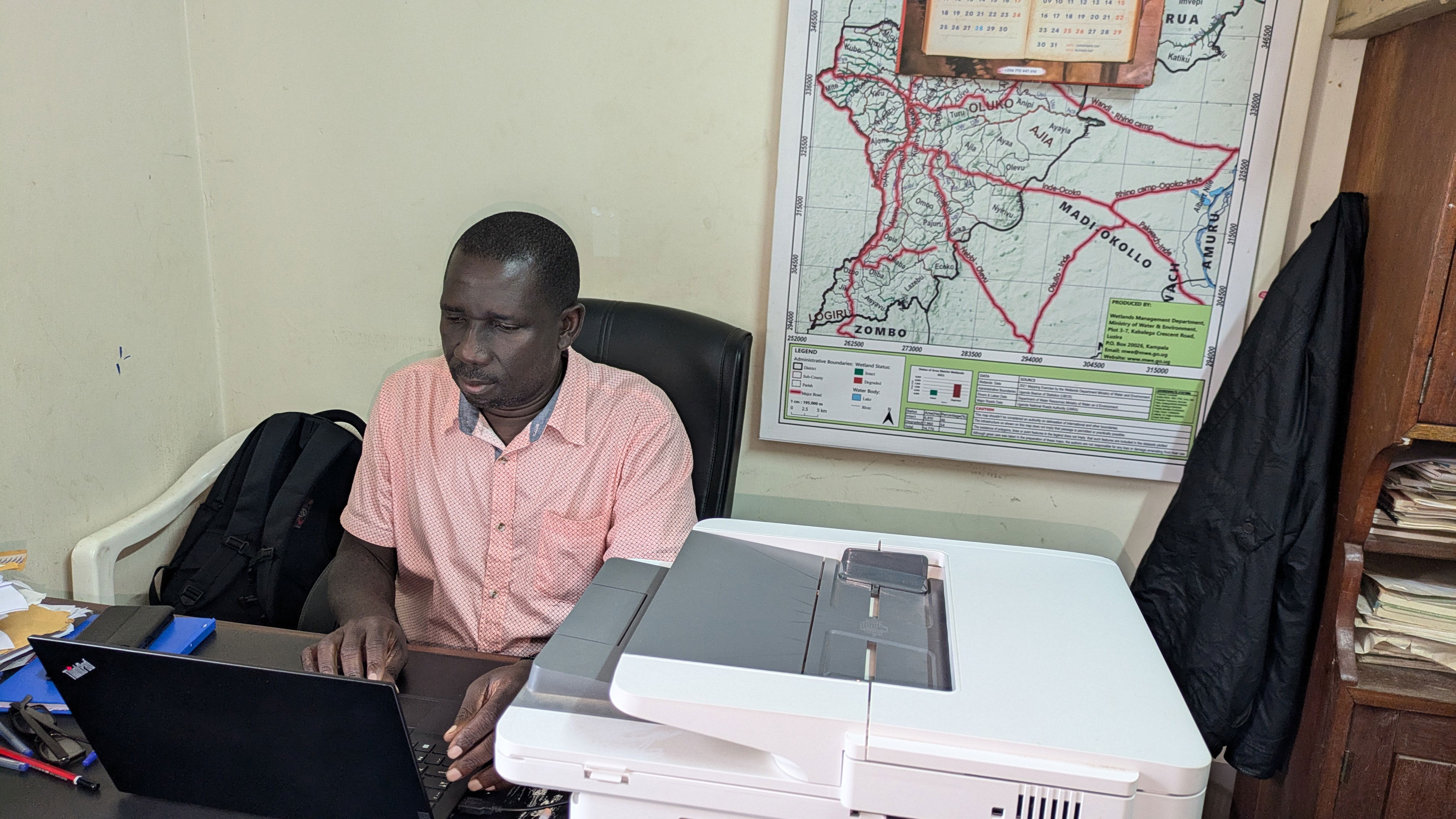
Hannington Adroonzi, Arua district Environment officer talking.
HONINNGTON SPEAKING ON ENYAU SITUATION.mp3
Legal Framework and Collaboration
This aligns with the Ramsar Convention and represents years of collaboration between the government and partners like the United Nations Development Programme (UNDP).
Uganda has made significant strides in wetland protection. In 2023, all wetlands were officially gazetted under "The National Environment (Declaration of Wetlands) Notice 2023," launched on World Wetlands Day 2024.
Under Section 55 of the National Environment Act 2019, encroachment on wetlands is illegal, carrying severe penalties. However, enforcement remains a challenge.
A Call to Action
Wetlands play a critical role in maintaining ecological balance, supporting agriculture, and mitigating climate change.
Yet, their coverage in Uganda has declined alarmingly, from 15.6% in 1994 to 8.9% in 2021. The threat is existential; if the current trend continues, Uganda risks losing all its wetlands by 2040.
The situation calls for a collective effort. As Mayor Khemis stated, "Protecting River Enyau is not just about the government; it is about us all. Every resident has a role to play in safeguarding this vital ecosystem."
Saving River Enyau is a race against time. The voices of concerned residents and leaders echo a common plea: urgent action is needed to reverse the degradation and ensure a sustainable future for Arua and beyond.
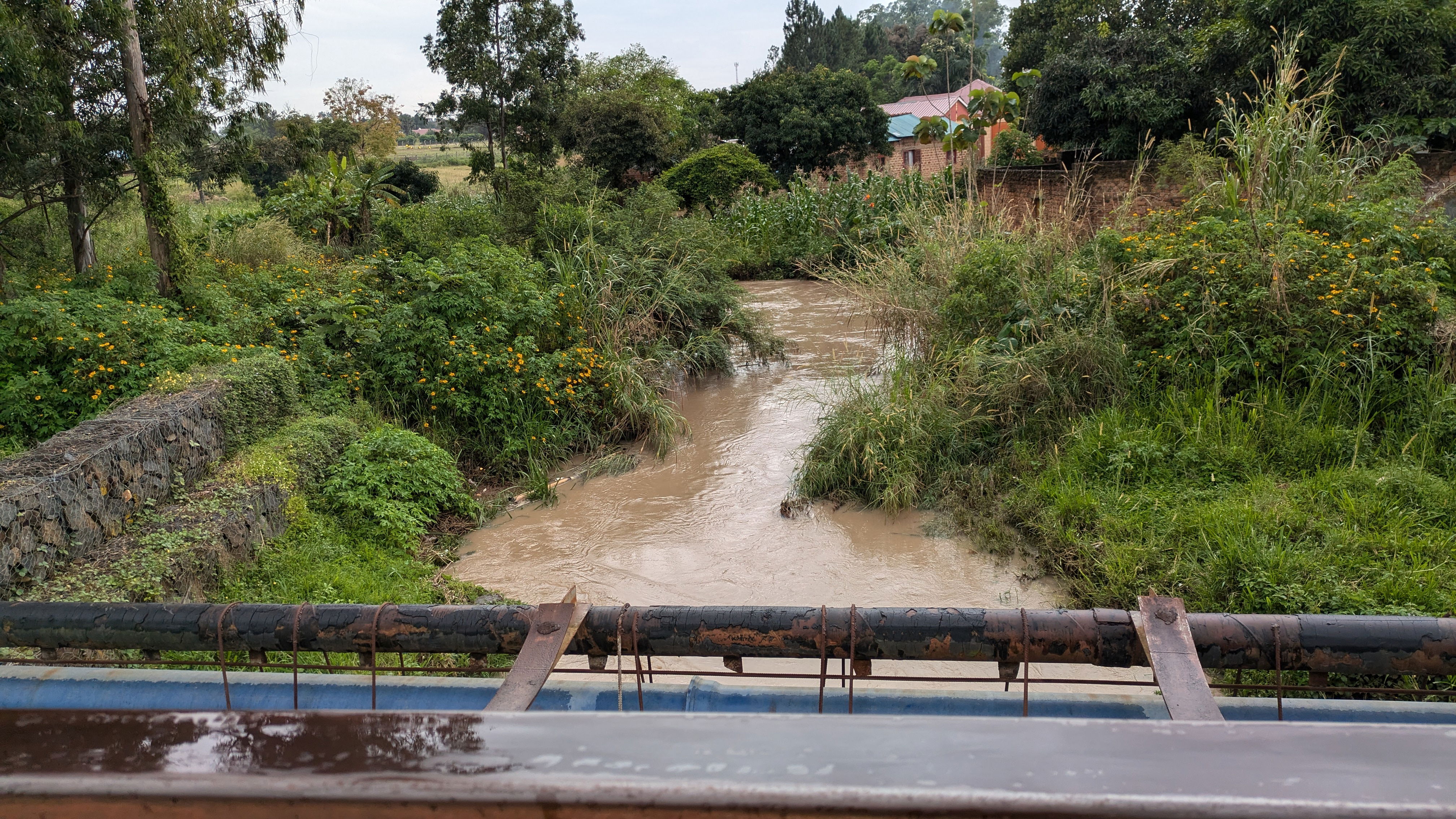
Some part of River Enyau that the National Water started to preserve by building stones near the bank
The production of this story was supported by InfoNile in partnership with Palladium under the Climate smart agriculture reporting Project.
BY ANWANGKANI FRANCO